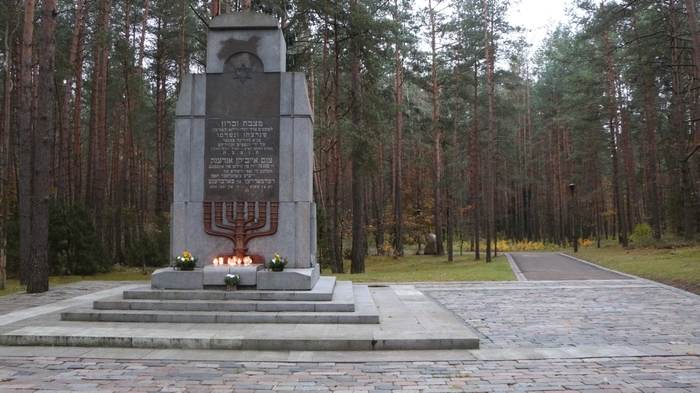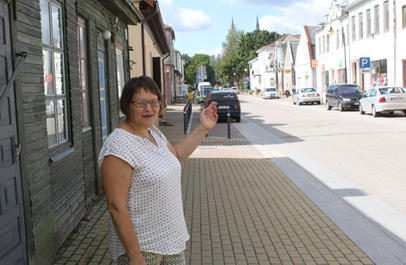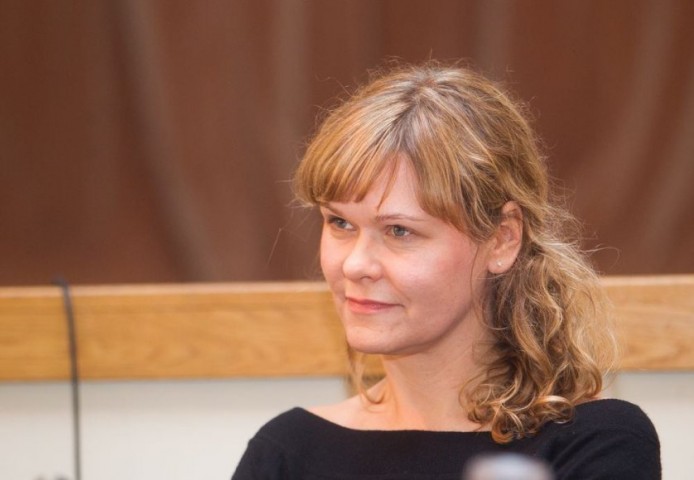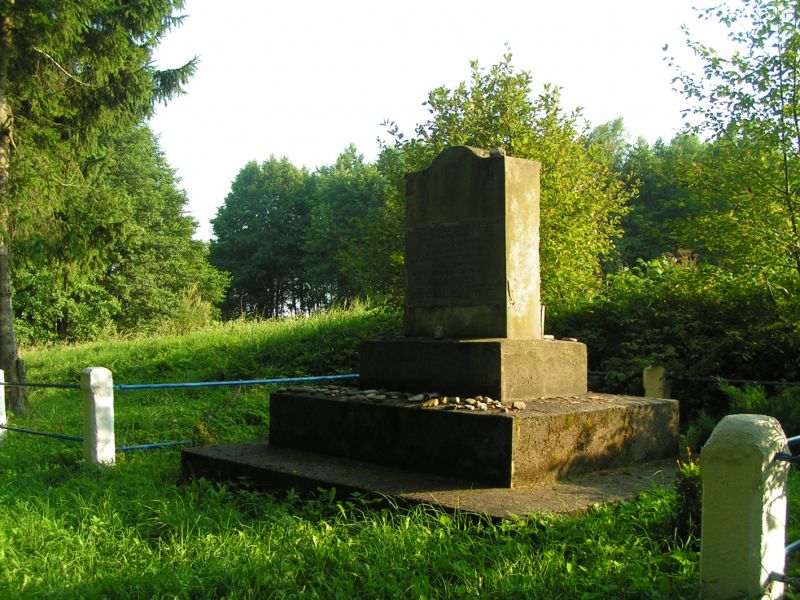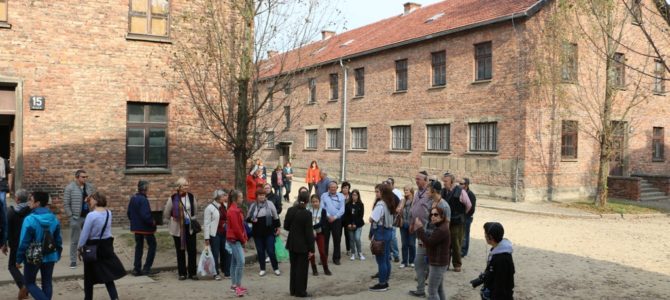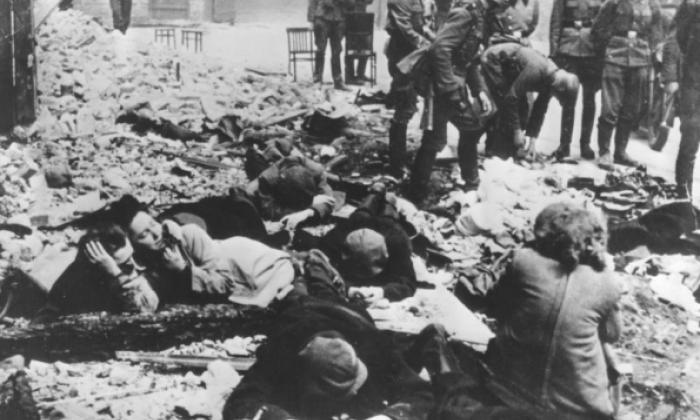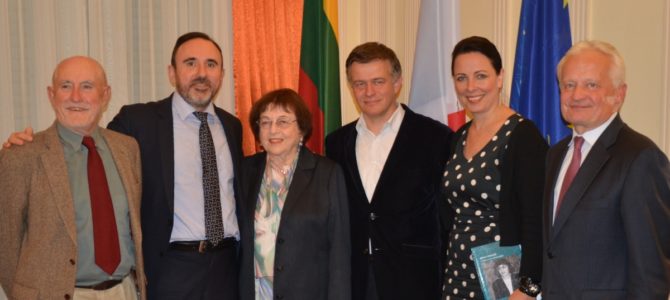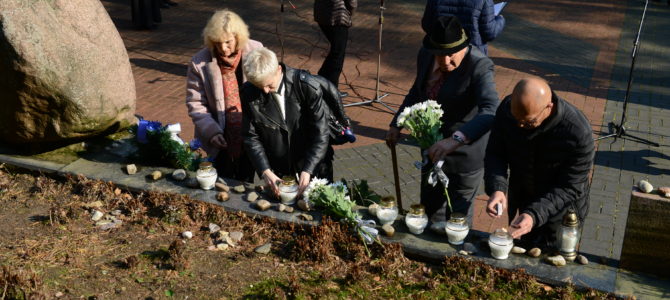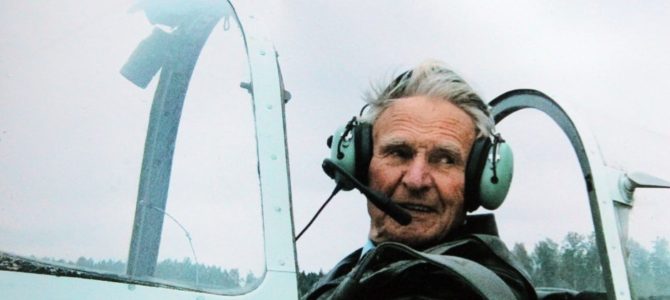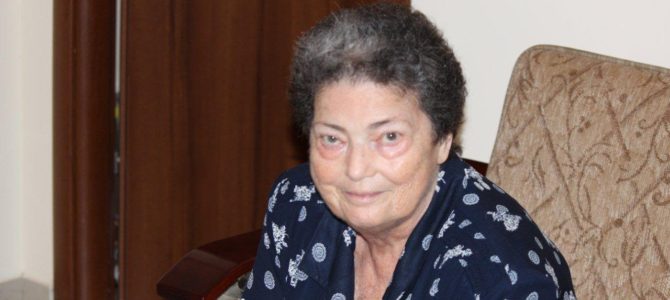
Following prolonged illness Sara Lapickaja, 79, died in Ashdod, Israel, on October 11, 2016. An active former member of the Lithuanian Jewish Community, she was also a Yiddish language and literature expert and a held a doctorate in philology. The Lithuanian Jewish Community express our deepest condolences to her surviving family and relatives.
Sara Lapickaja was born in Kaunas on June 14, 1938. She and her 10-year-old brother managed to escape the Holocaust and flee to Russia without their parents, where they were sheltered at an orphanage in the Kirov oblast. Lapickaja was in the first class of the Vilnius Jewish School in 1945, but the school was shut down within several years and she transferred to a Russian school, then graduated from the Vilnius Music School where she received a degree in choir conduction. She taught high school in Vilnius and Kaunas until 1988 while devoting much of her energy to the Jewish community, setting up an amateur volunteer choir which she conducted and helping establish the Jewish kindergarten in Vilnius, among other things.
In 1988 with help from the Lithuanian Jewish community she travelled to Israel on a Soviet passport to study at Bar-Ilon University. In Israel she devoted herself to Yiddish language and literature and earned a master’s degree, then furthered her education in St. Petersburg, Russia, where she successfully defended her doctoral thesis, “Ber Gelpern: Editorial and Educational Work” in 1997. She taught Yiddish language and literature in Israel for many years at Bar-Ilon and other institutes of higher learning.
She had a deep and significant relationship with Vilnius’s famous writer Abraham Karpinovich who wrote in Yiddish. They often attended conferences together, including in Vilnius. Karpinovich devoted much of his creative fervor to Jewish life in interwar Vilnius and after his death in 2004 the Vilna Gaon State Jewish Museum set up a special room in his name containing much of his archives and other items.
Everyone who knew Sara loved her and we will remember her goodness, sincere and open nature and her goal of being useful to her people.
Let her rest in peace in the Land of Israel.
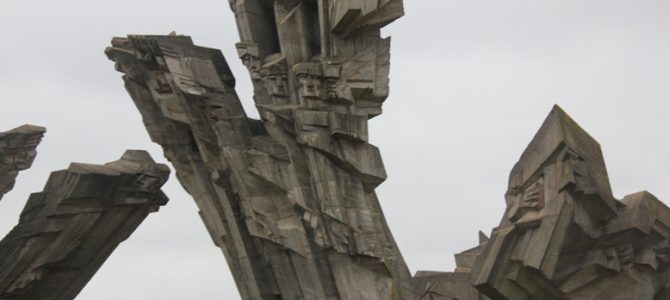


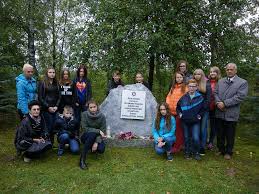
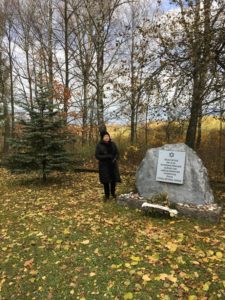 Monument to Holocaust victims in Kaktiškės
Monument to Holocaust victims in Kaktiškės